The Maldives government has offered concessions to resolve a tense standoff with the tourism industry over foreign exchange controls.
On December 9, the government proposed a new foreign exchange law to codify a new requirement for tourist establishments to convert foreign currency earnings into Maldivian rufiyaa.
The Foreign Exchange Act is intended to lend greater legal weight to regulations enacted by the central bank on October 1, which made it mandatory for resorts to exchange $500 per tourist with a local bank. A rate of $25 per tourist was set for smaller hotels and guesthouses on inhabited islands. The first conversion deadline is due on January 28.
After fierce opposition from resort owners, the proposed law was submitted to Parliament with new provisions sought by the tourism lobby. In addition to the fixed rates per tourist in the regulations, the bill offers the option of exchanging 20 percent of monthly foreign currency income instead.
It also includes other changes based on concerns raised by resort operators. Children under the age of two, guests staying on a complementary basis, and tourists who spend less than 24 hours at the property would be exempt in calculating the conversion obligation. Live-aboard vessels and hotels on inhabited islands with more than 50 rooms would be recategorized to fall under the rate of $25 per tourist.
But the government has not compromised, President Mohamed Muizzu insisted on December 9.
“I have made it clear that [the amount to be exchanged] should not exceed 20 percent of the establishment’s monthly revenue. Therefore, as discussed with resort owners, either $500 or 20 percent of total revenue must be exchanged. The law will mandate this. There are no changes to how I instructed the bill to be formulated,” he was quoted as saying by state media.
The new rules seek to remedy a persistent dollar shortage. Reflecting the excess demand and severity of the imbalance, recent rates in the parallel exchange market have been 15 to 20 percent above 15.42 Maldivian rufiyaa per U.S. dollar, the de facto exchange rate. The black market rate currently hovers over 19 Maldivian rufiyaa.
Despite substantial and reliable foreign currency receipts from the archipelago’s renowned luxury tourism — most of which flows out without entering the domestic banking system — official foreign exchange reserves have been stretched thin by rising debt payments and a high import bill for food, fuel, and other commodities.
The forex policy was part of a wider economic reform agenda devised to shore up the depleted reserves and avert a looming debt crisis.
But resort businesses recoiled when the regulations came into force in October. The Maldives Association of Tourism Industry (MATI), a powerful group representing resort owners, called the compulsory exchange controls “unacceptable,” and accused the authorities of failing to consult stakeholders or address their concerns.
By mid-November, the resort industry was in open revolt. Several local operators refused to comply.
Mandatory conversion places an undue financial burden as dollar revenue is needed to cover wages, taxes, and debt payments, Universal Enterprises and Pulse Hotels and Resorts informed the central bank.
In a letter to the central bank’s governor, Universal Chairman Mohamed Umar Manik — one of the pioneers of Maldives tourism — objected to the flat rate of $500 per tourist, which does not account for duration of stay or range of accommodation. A resort could be forced to exchange $2,000 for a family of four who stays four days for the price of $1,000, he argued.
Resort magnate Mohamed Moosa joined the chorus of calls for the government to reverse the forex policy.
“This policy threatens the financial stability of resorts and could lead to the collapse of our businesses,” Ahmed Siyam Mohamed, a member of parliament and owner of the Sun Siyam resorts, warned on the opposition-aligned Raajje TV, slamming the exchange requirement as “robbery.”
But Muizzu looked to be up for a fight. In a post on X, he characterized resort owners as “politicians who do not wish any good for the poor,” assuring that his administration was “on the side of the people.”
At a ceremony on November 17 to mark the government’s first anniversary, Muizzu asserted repeatedly that he would not back down. “I am stating this very clearly, I will not change the regulation,” he declared. Only 1.5 percent of the tourism industry’s annual revenue of $4.5 billion was exchanged in local banks last year, Muizzu said, citing it as a figure that could rise to 20 or 25 percent.
On his X account in late November, Muizzu offered timelines for lifting restrictions on foreign transactions. Current limits on both credit card usage and dollar allocations for travelers and importers will be raised, he pledged. State-owned enterprises could stop buying dollars from the black market by July 2025, Muizzu said.
According to the International Monetary Fund (IMF), the tourism industry “appears to be a key supplier and driver” of the dollar black market. The market’s stable premium was indicative of an oligopoly with “only a few large suppliers of foreign exchange who are able to adjust supply to the parallel foreign exchange market,” the IMF observed.
The black market premium creates a compelling incentive for resorts that need to convert a portion of foreign currency revenue into rufiyaa to cover operational costs. They would forgo this hefty return by exchanging with local banks.
The forex controls also come on top of tourism-related tax hikes. Sizeable rises in dollar-denominated departure fees and airport service charges took effect on December 1, prompting a slew of negative headlines about the Maldives becoming “more expensive to leave, too.”
Expressing discontent in the business community, a local resort owner told TTG Asia on the condition of anonymity that the “high taxes will kill the industry.”
“All our expenses, including food imports, loan repayments, fuel, utilities, salaries, and service charges, are paid in dollars, and we don’t have enough dollars for the compulsory exchange,” the resort operator complained.
The central bank addressed such complaints during a press briefing on November 27. Increased dollar inflows would enable banks to offer overdraft facilities to resorts that need support, Governor Ahmed Munawar suggested. Those unable to meet foreign currency obligations could also apply for deductions, he noted.
“The aim is to ensure dollars are available through formal banking channels and not through informal markets,” the central bank governor stressed, citing similar foreign exchange restrictions in developing economies such as Malaysia.
“This is not a new concept,” Munawar said. “Dollars earned by resorts should circulate within the economy to generate a multiplier effect.”










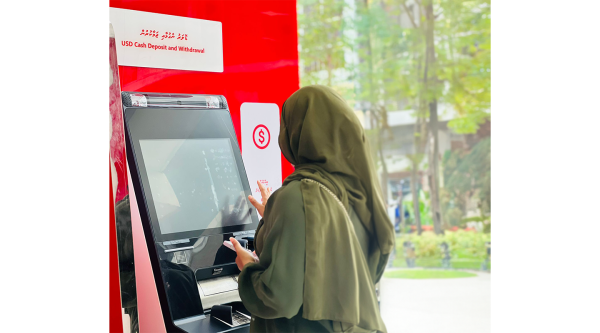

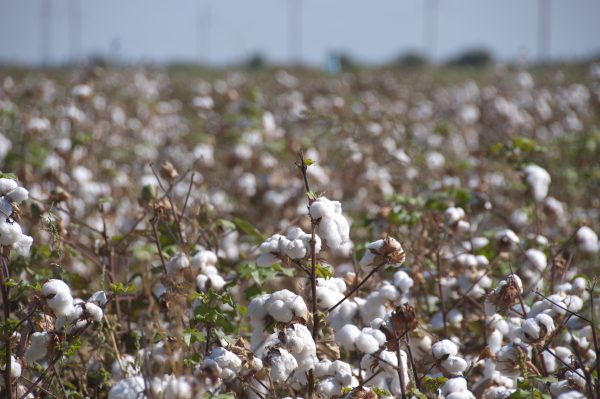
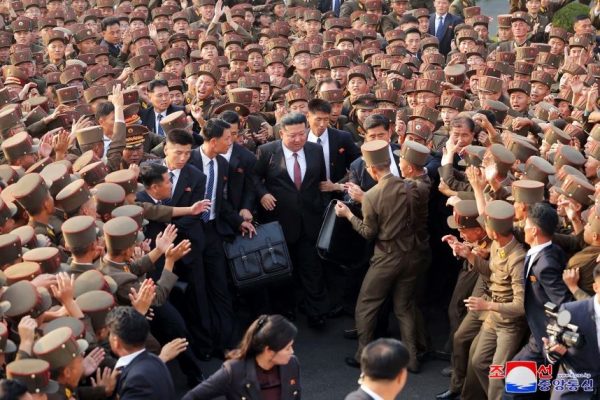
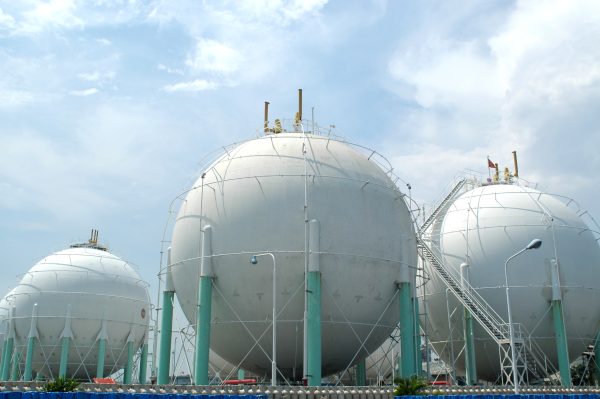




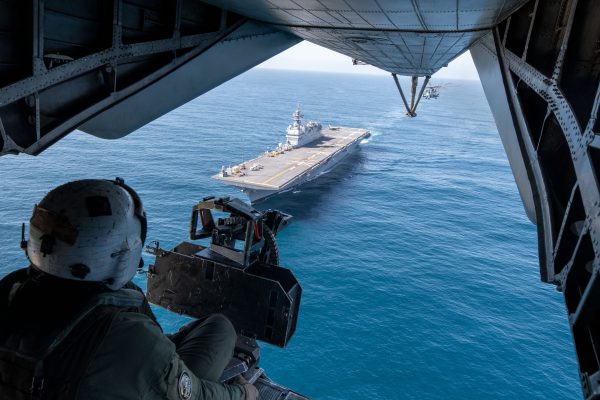

Discussion about this post